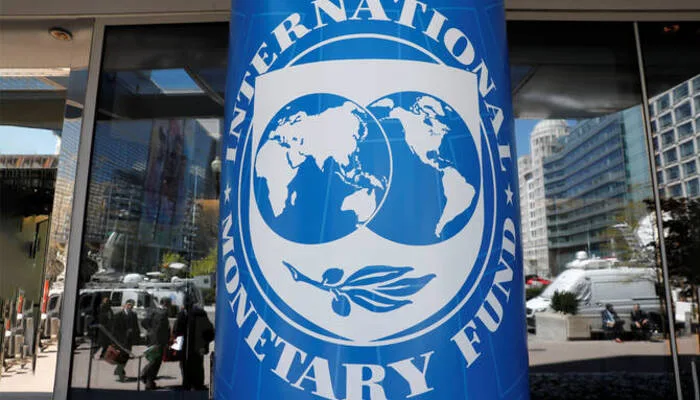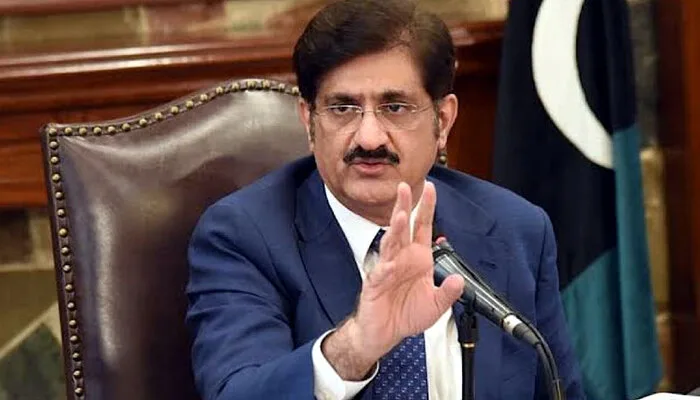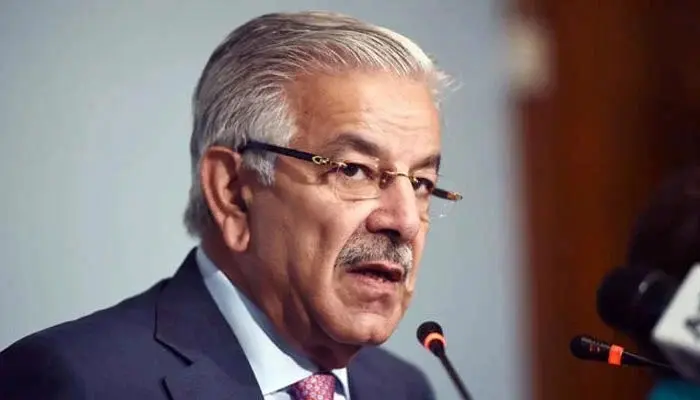
The IMF loan program for Pakistan is set for a critical review on May 9, when the International Monetary Fund’s Executive Board will meet to evaluate both the ongoing $7 billion Extended Fund Facility (EFF) and a new $1.3 billion climate resilience loan under the Resilience and Sustainability Facility (RSF).
Disbursement of $1 Billion Expected
The review follows a staff-level agreement reached in March. If approved, it will unlock a $1 billion disbursement from the EFF, which Pakistan sees as vital to navigating out of its prolonged economic challenges. The IMF’s website confirmed the agenda, noting that Pakistan has also requested modifications to performance criteria.
Read: Pakistan Army Downs Indian Spy Quadcopter Amid Escalating Tensions
New Climate Resilience Loan in Focus
Alongside the EFF, the RSF aims to support Pakistan in adapting to climate change. This facility will help strengthen the country’s defenses against natural disasters, improve climate-related planning and budgeting, and boost water efficiency. It also supports Pakistan’s goals of disclosing climate risks and aligning energy reforms with emissions reduction targets.
Background of Economic and Climate Crisis
Pakistan continues to rank among the world’s most climate-vulnerable countries. In 2022, floods caused by heavy monsoon rains and melting glaciers claimed over 1,700 lives and caused $33 billion in damage. The RSF is seen as a critical tool for preventing future devastation by improving preparedness and resilience.
Positive Economic Indicators
Pakistan’s economy, though still fragile, has shown signs of improvement. Inflation has declined, and the fiscal deficit has narrowed, as noted in recent reports from the State Bank. Finance Minister Muhammad Aurangzeb emphasized Pakistan’s commitment to structural reforms tied to the IMF deal and stated the government will remain on track with all agreed benchmarks.
Follow us on Google News, Instagram, YouTube, Facebook,Whats App, and TikTok for latest updates












